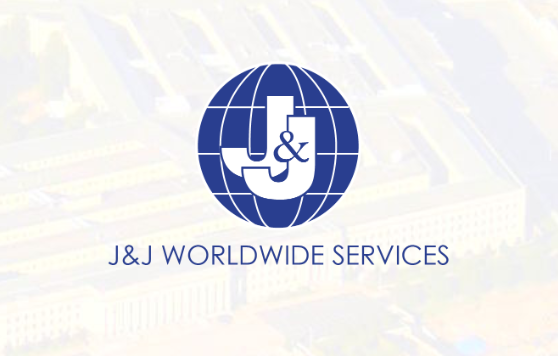CMMC Compliance for Transportation & Logistics
Transportation companies by air, land, or sea play a critical role in national defense logistics. Whether you’re moving sensitive equipment or classified supplies, CMMC applies to you.
If you’re handling Controlled Unclassified Information (CUI) or Sensitive Security Information (SSI) about freight, routes, or schedules, compliance isn’t optional and it’s needed fast.
Top CMMC Pain Points in Solution Implementers
Sensitive Freight Info
Route data, manifests, and cargo specs often qualify as CUI/SSI.
Commercial + DoD Mix
Most transport providers support both commercial and defense bringing the whole business into scope isn’t practical.
Subcontractor Risk
You need to flow data downstream but without forcing every vendor into CMMC.
IT Gaps
Your IT or cyber team might be large but may lack the tools, personnel, or bandwidth for defense-grade compliance.
Options for Transportation & Logistics
Segment your defense-related users into a secure environment.
- Microsoft Gov Cloud + Virtual Desktop (VDI)
- Optional hybrid setup for printers, mobile devices, or on-prem tools
- Full support, licensing, and managed services
- Keeps commercial operations out of compliance scope
Ideal for: Mixed-use transport providers or defense as <15% of operations
Move your full business into a compliant environment.
- Microsoft Gov Cloud for all users and endpoints
- Includes mobile device management, security baselines, incident response
- Supports full migration, support, and certification
Ideal for: Defense-focused logistics companies or >15% CUI access
%20(12).png)
Frequently Asked Questions
Common examples include:
- Shipment manifests containing sensitive destinations or schedules
- Routing or GPS data tied to DoD movements
- Hazardous material transport details
- Engineering drawings for custom defense packaging
- Load plans related to troop or equipment transport
Even if you don’t directly handle blueprints, supporting movement of CUI-classified items makes your systems part of the CUI environment.
We typically recommend an enclave approach: isolate CUI-related systems into a secure environment like GCC High, while keeping commercial operations in your existing IT stack.
This minimizes disruption while ensuring you’re compliant. Summit 7 builds these dual environments, with secure workflows for dispatch, fleet management, and DoD-related shipping functions.
"We wanted to be a company that was known for partnering with the best. We knew Summit 7’s Microsoft G5 License with its compliance suite would increase our value to a potential buyer – they would know we are aligned with a partner that is truly the best in class."
– Jeff Smedley, J&J Worldwide Vice President and Chief Information Officer
J&J Worldwide Services: Enhancing CMMC compliance with Microsoft Purview and the M365 G5 License Stack
J&J Worldwide Services (J&J) provides a variety of facility services, facility management, and operational support for Department of Defense military bases.
As a prime DoD contractor and with federal contracts as their chief source of revenue, it was imperative that J&J find a premiere provider to maintain compliance and safeguard their top revenue stream.
As a fast-growing company J&J saw their compliance posture as a key strategy for increasing their value to potential buyers.
Speak with an Expert
Our team of compliance and cybersecurity experts are on standby and ready to help. Fill out the form and someone will respond shortly to set up a time that works for you.
